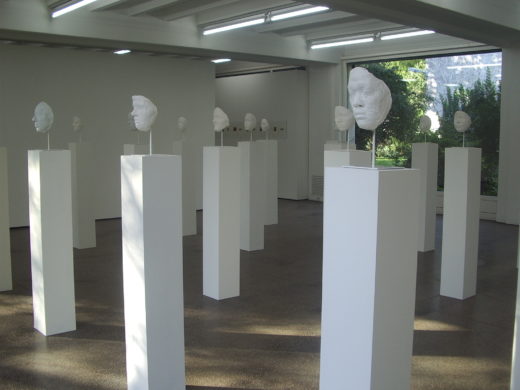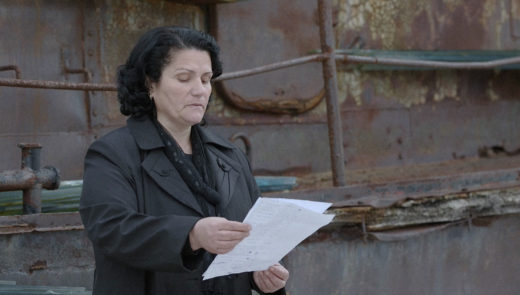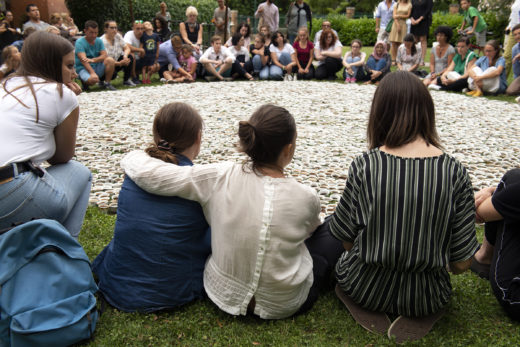A Counter-Monument to Female Victims of Wartime Rape: An Interview with Edit András
A new memorial project in Budapest, Memory of Rape in Wartimes: Women as Victims of Sexual Violence, will commemorate female victims of wartime rape, while establishing a culture of dialogue around rape and violence in Hungarian society and the region. Initiated by the General Assembly of Budapest in January 2020 and to be completed in 2023, the project goes against the grain of the practices of the current Hungarian government’s illiberal system of erecting nationalist monuments and statues without public input, through an open, democratic process that includes artists, historians, scholars, an international jury, and representatives from public institutions. … Read more







